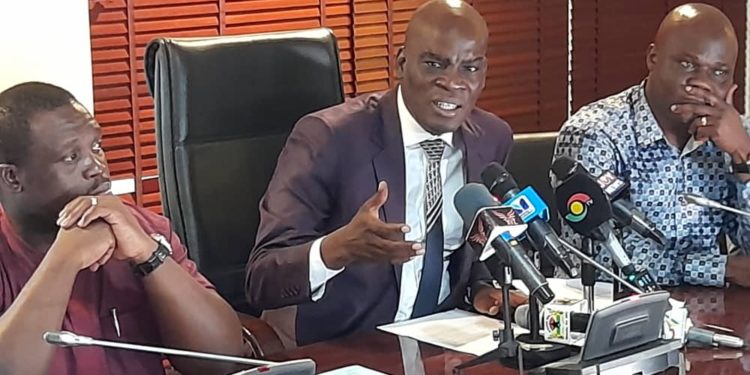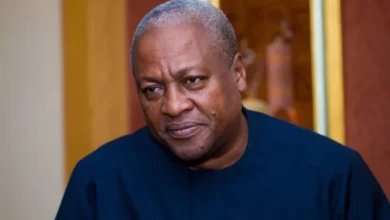Minority Mocks SIM Cards Blockade and Poo Poos Gov’t Digitalization Drive

The Minority in Parliament has accused the Akufo-Addo-led government of losing its focus of promoting digitalization and rather resorted to imposing obstacles in the growth path of the sector.
According to the Caucus, instead of promoting the widespread use of communications services the government is pursuing unnecessary requests for registration, re-registration, multiple registrations of SIMs for contrived reasons designed to discourage ownership and operations of SIMs for National Identification purposes.
The Minority stressed that so much reliance was placed on ICT usage during COVID-19 and argued in such emergencies and irrespective of the cyber security laws, the Communications hygiene did not compromise the national identity registration exercise to warrant a blanket blockade of SIM cards.
“To completely cut telecommunication services to subscribers for no other reason than to limit usage by citizens is the lowest point in a nation’s telecommunications development.”
“It is a backward regulatory/policy prescription to follow in any regime. Too much reliance of rules/regulations exposes a communications system as immature.”
Minority leader Haruna Iddrisu who addressed the media on Tuesday 13th September, 2023 on the chaos that has engulfed the SIM re-registration and the subsequent blockade of some subscribers described the development as an irony for a government in search of increased revenue to meet its voluptuous appetite.
According to him, the frustrations in the registration of SIMs with telecom companies through third-party private entities and the NIA with a different mandate can only be attributed to the repressive tendencies of the government.
SIM re-registration, he said, is a basic right and an opportunity that must be given to every citizen to procure communication services.
Mr. Iddrisu called on the Ministry of Communications and the National Communications Authority to stop treating the sector as personal fiefdoms at the peril of the country’s development.
He said, “We expect a more professional and insightful approach to the management of the sector to avoid further worsening of the sector.”
“Instead of encouraging the usage of mobile communications to promote the failing of the e-Levy, this government is imposing obstacles to the continuing growth of the telecommunications sector and with it, the profitability and development of the country.”
The Minority leader argued that contrary to claims by the NPP government, considerable efforts were undertaken commencing in 1994, to improve the nation’s telecommunications infrastructure and expand access to voice communications.
According to him, the first Communications Policy (COMPOL – 98) conference was convened in 1998, which culminated in the separation of Ghana Post from Ghana Telecom and the pursuit of foreign investment to rapidly build infrastructure and introduce new technologies.
This, he said, also placed Ghana in the forefront of the GSM revolution in Africa with a virile competitive telecommunications environment.
According to him, the celebration of Ghana as a shining beacon of democracy, good governance and progress commenced in 1994 during which considerable efforts were undertaken to improve the nation’s telecommunications infrastructure and expand access to voice communications.
The NDC government, he said, developed the country’s optic fiber resources, improved Spectrum, telecommunications regulatory, legal, and policy enhancements granting an opportunity to embark on a comprehensive ICT for Accelerated Development and a pervasive application of technology across all sectors, be it in education, health, commerce, environment, governance and security and therefore a fallacy for the present government to lay claim to Ghana’s digitalization agenda.






